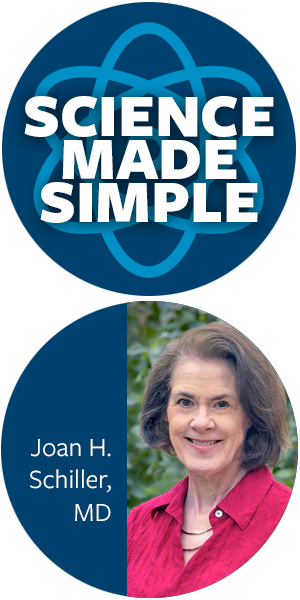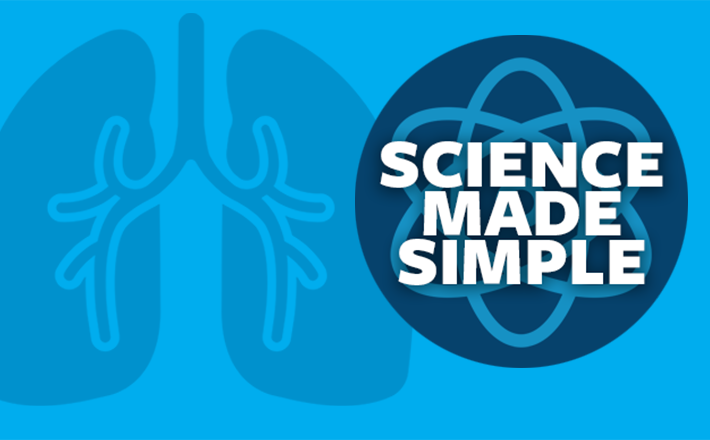
The good news:
The FDA recently granted accelerated approved for adagrasib (Krazati, Mirati Therapeutics, Inc.) for people with metastatic or locally advanced non-small cell lung cancer (NSCLC), whose tumors contained a KRAS G12C mutation, and whose tumor was growing despite having had prior therapy. In a recent clinical study, 42.9% of people with a KRAS G12C mutation NSCLC responded to the drug.
Why it’s significant:
KRAS is the most frequently mutated oncogene (cancer-causing gene) in human cancer. Approximately 25% of people with NSCLC will have a mutation in KRAS. People with colorectal, pancreatic, and bile duct cancers also have KRAS mutations, but not as high a frequency as NSCLC. There are several different types of KRAS mutations, but mutations in KRAS G12C are the most common, occurring in about 14% of people with adenocarcinomas of the lung and in 0.5-4% of people with squamous cell carcinoma of the lung.
What else you should know:
Another drug (sotorasib) was approved last year for people with KRAS G12C mutated tumors. Both drugs are oral and have similar side effects, but adagrasib tends to last longer in the body. It is unknown which of the two is more effective, since they never have been directly compared.
